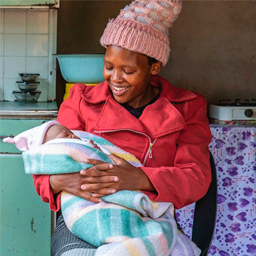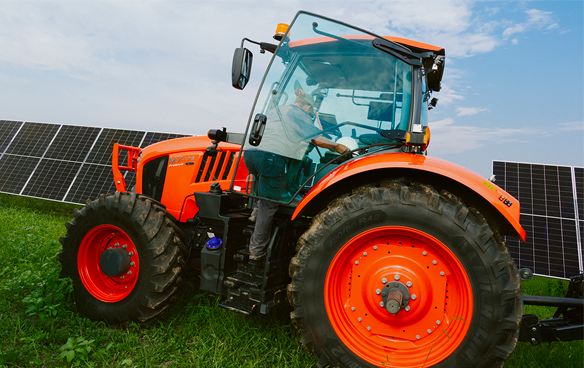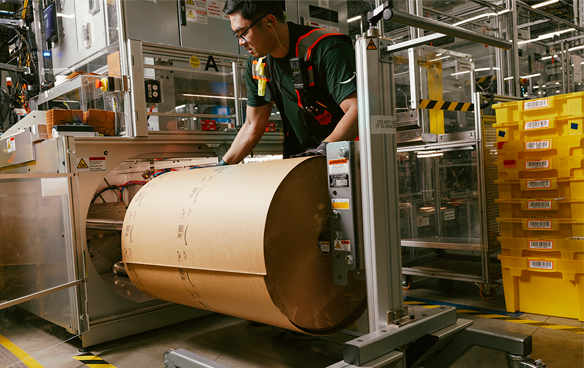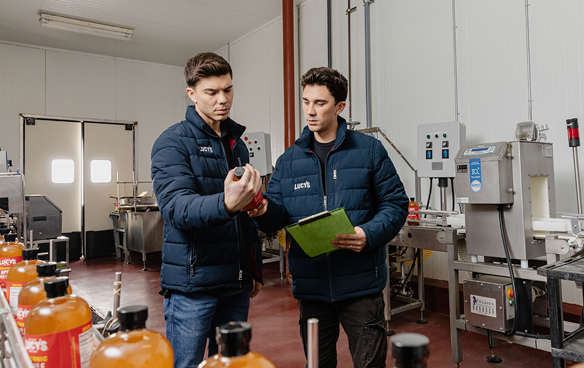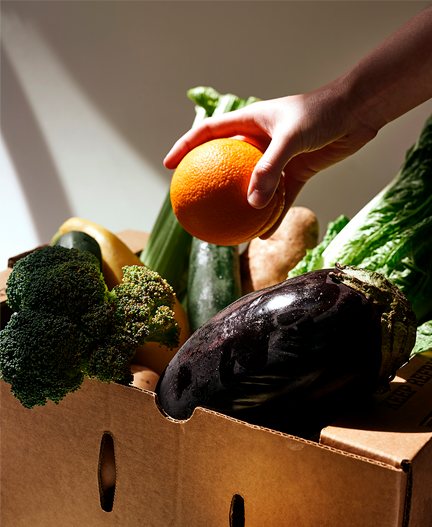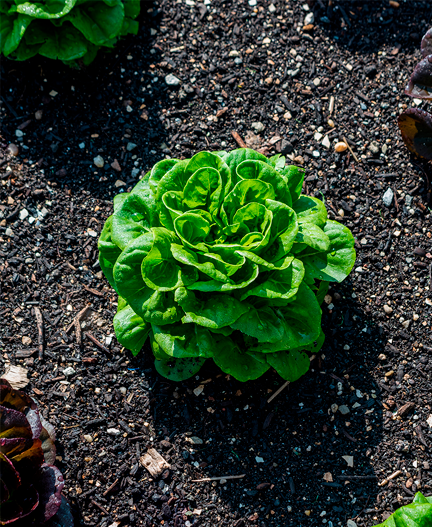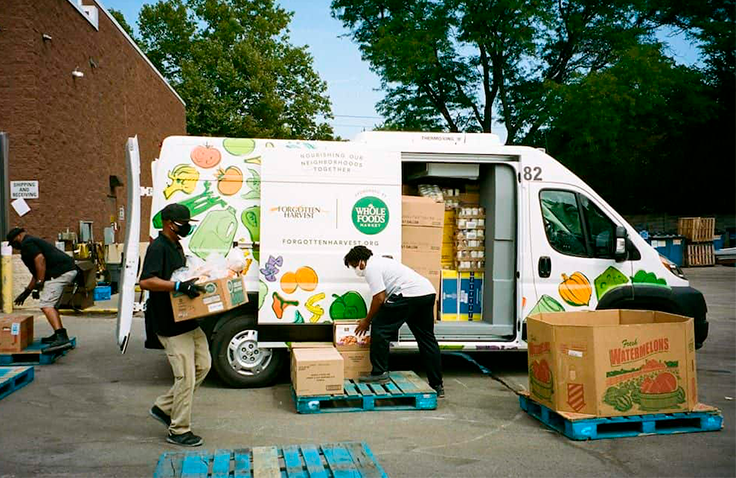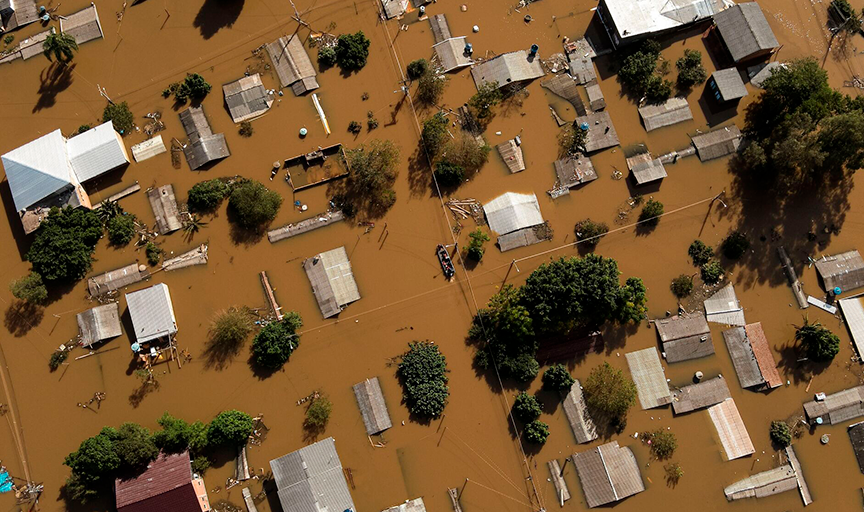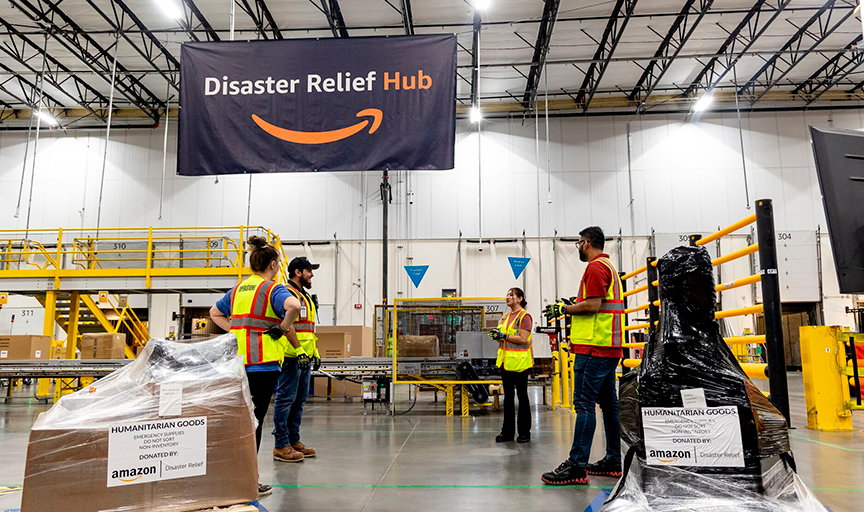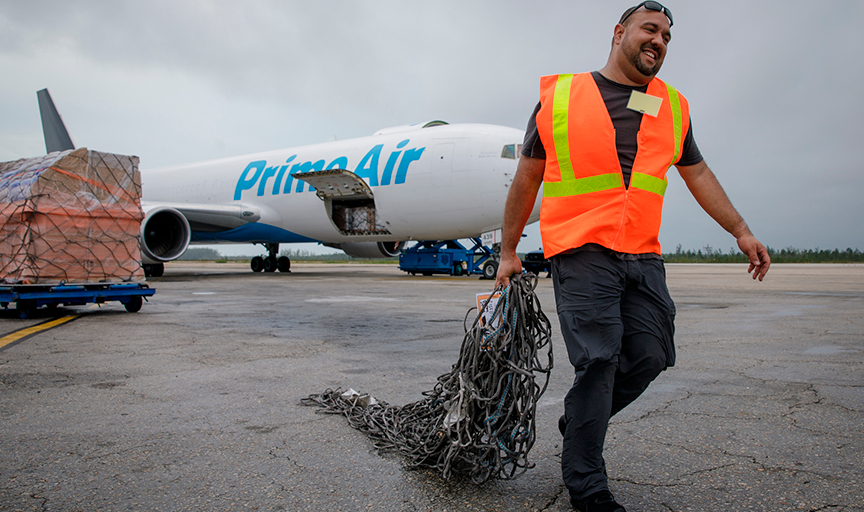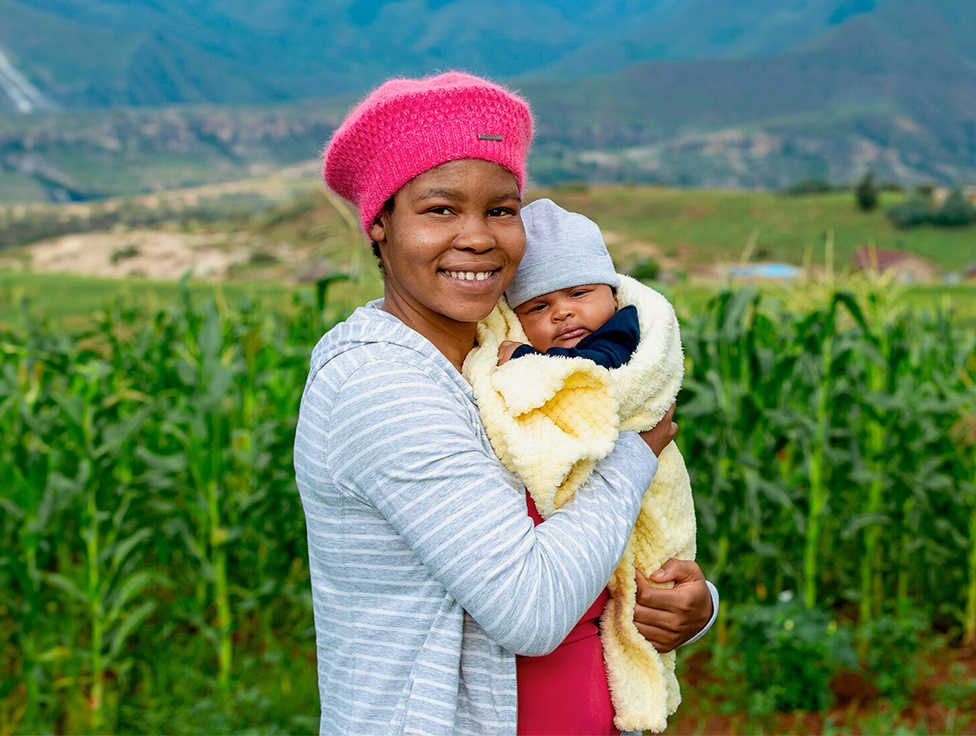We focus on several priority areas across our business and respond to emergent needs where we're uniquely positioned to make a positive difference. Our work especially emphasizes historically underrepresented communities, because we envision a world that embraces diverse perspectives and where all individuals have equitable opportunities.
Our community impact efforts are focused on seven key areas:
- Supporting economic impact in communities
- Creating and preserving affordable housing
- Addressing food insecurity and basic needs
- Addressing health equity
- Empowering individuals through education and skills training
- Supporting disaster relief and response efforts
- Funding nature in our communities

